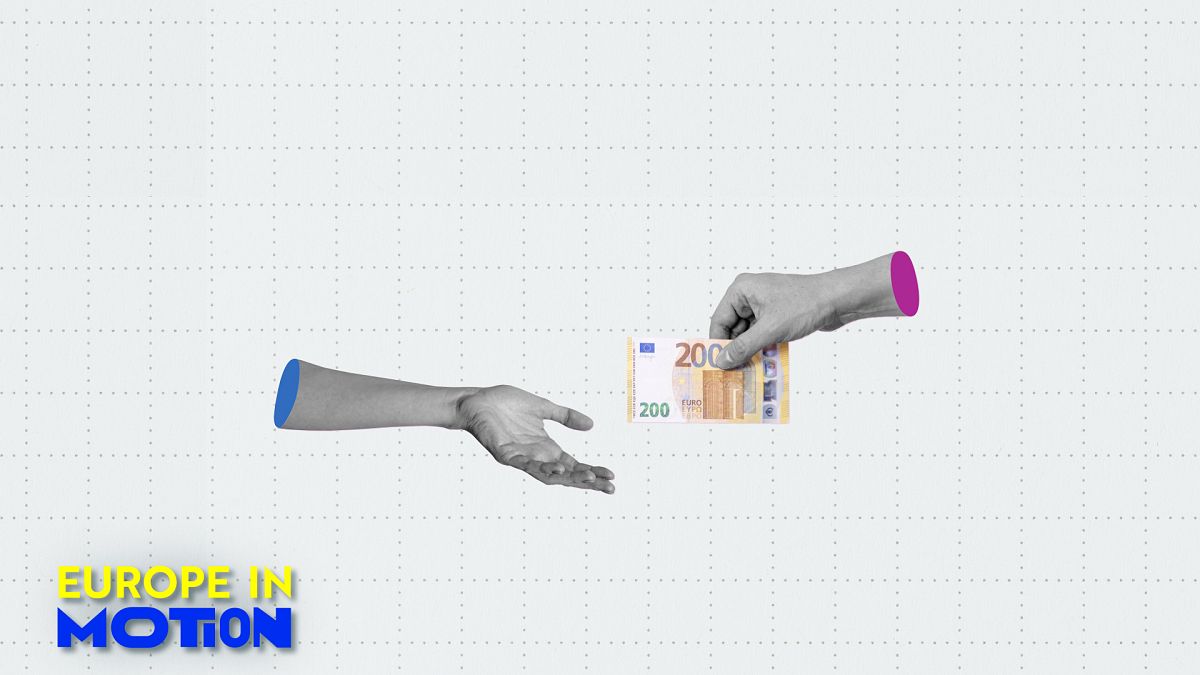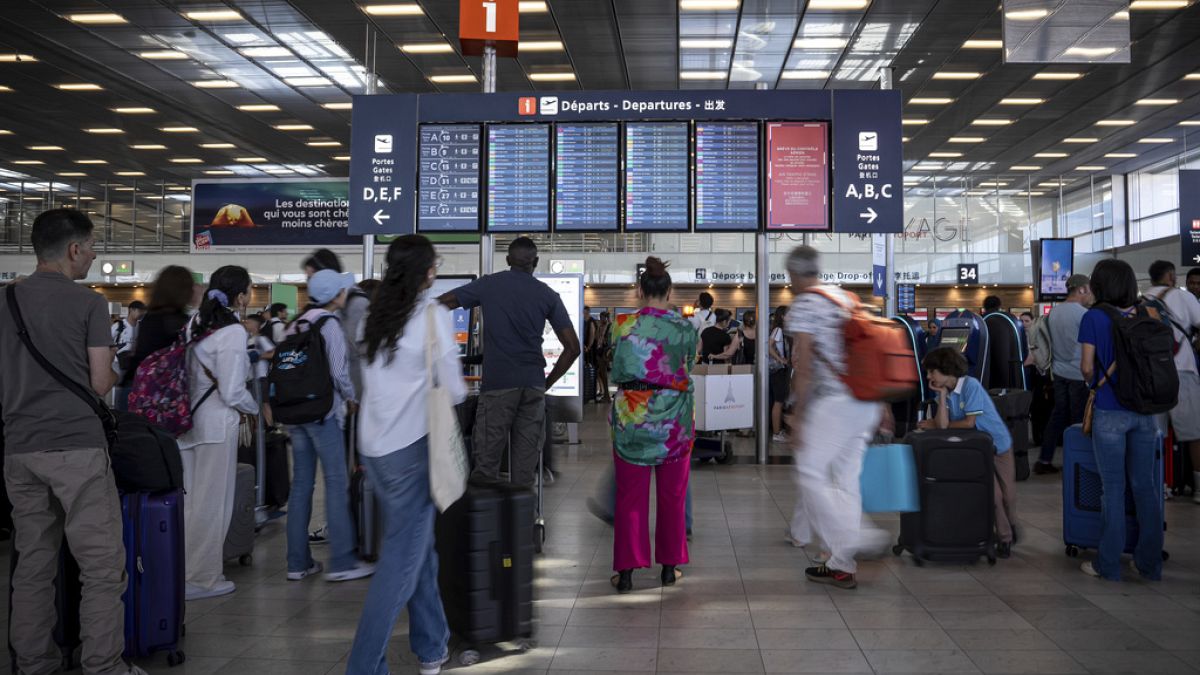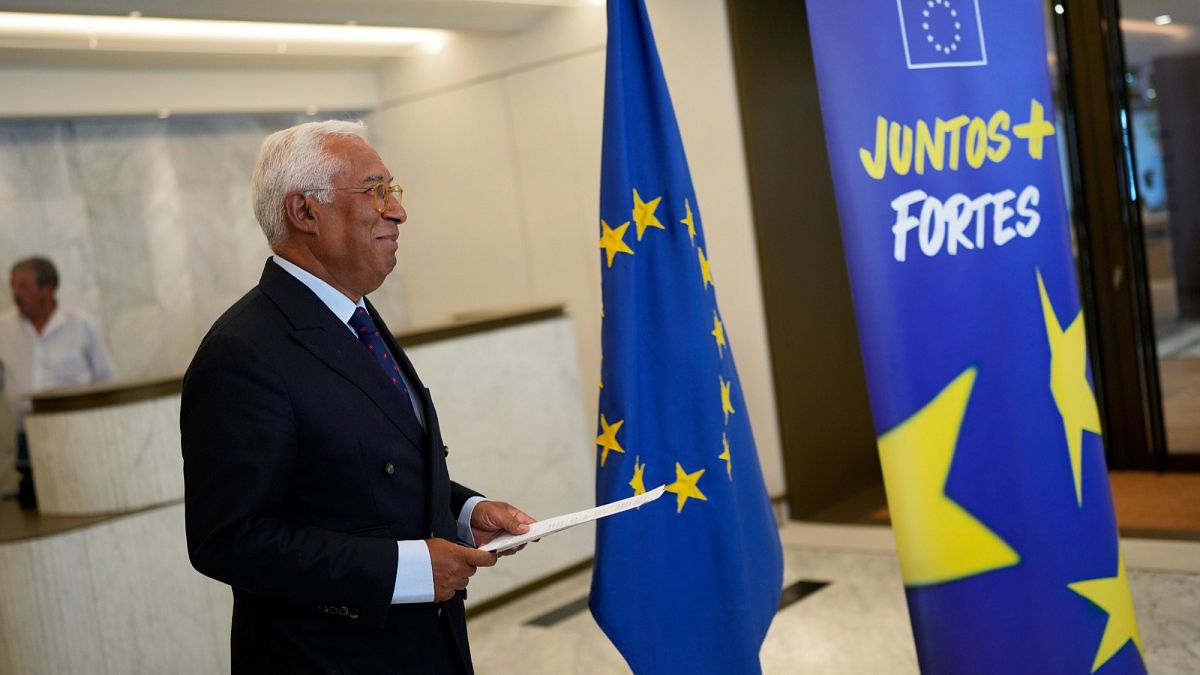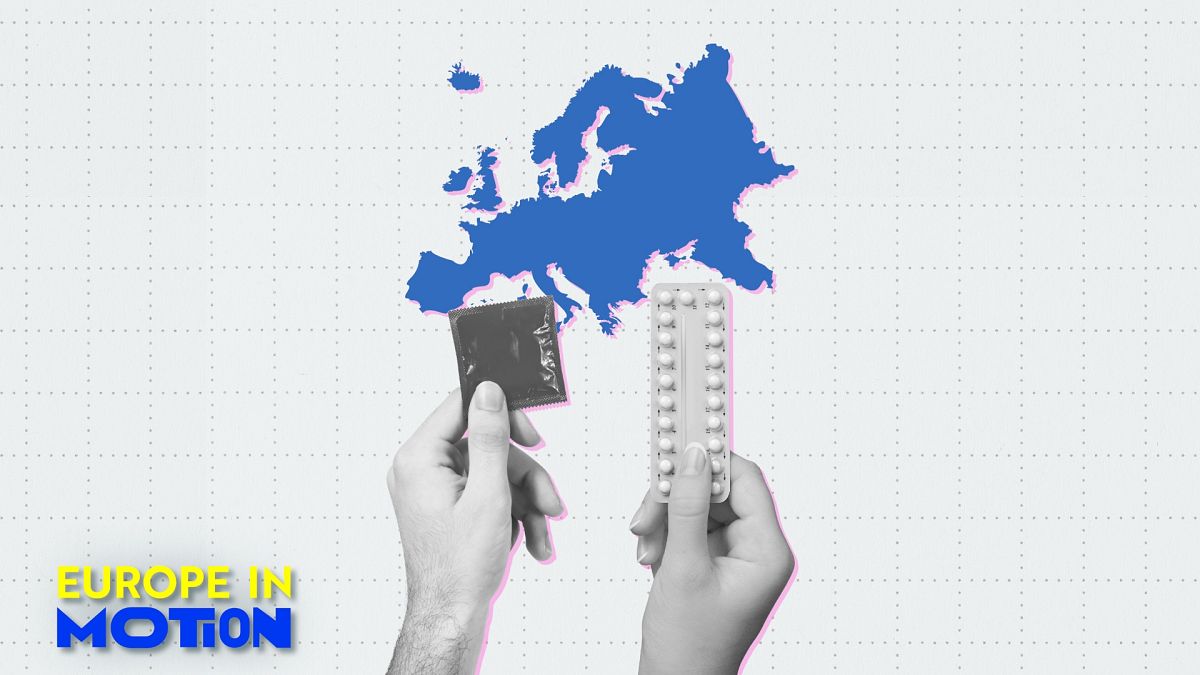ADVERTISEMENT
The latest Eurobarometer survey on taxation shows that citizens are open to policy shifts that would make taxes fairer and greener.
In 2024, 80% of respondents agreed that large multinational companies should pay a minimum tax in every country where they operate.
Nearly two-thirds (65%) of respondents support the introduction of a tax for the wealthiest individuals (the top 0.001%) to ensure they pay a minimum level of taxes. Support is highest in Hungary (78%), Bulgaria (71%) and Croatia (71%).
Those who oppose such a tax are concerned about competitiveness, investment, and potential capital flight.
When it comes to fairness, only one in five European Union citizens believes that tax contributions in their country are proportional to income and wealth “to a large extent”, with most respondents being more sceptical.
The system is considered most fair in Finland and Luxembourg, while Latvia, Czechia, Lithuania and Poland are ranked lowest when it comes to taxation fairness.
Among those who agree with higher taxes for improved public services, nearly half would first target tobacco and alcohol, and one-third would increase taxes on investment income like interest or rent.
Nearly six in ten EU citizens favour using fiscal measures to discourage the usage or consumption of environmentally harmful goods and polluting energy. Most would prioritise taxes on non-recyclable or hard-to-recycle products, followed by plastics and greenhouse gas emissions.
As for what citizens want the EU to prioritise in terms of taxation issues, the number one issue is tackling tax avoidance and evasion, which costs member states billions of euros each year. The second priority is preventing double taxation between EU countries.
In the EU, nearly 90% of the revenue available to national governments comes from taxes.













